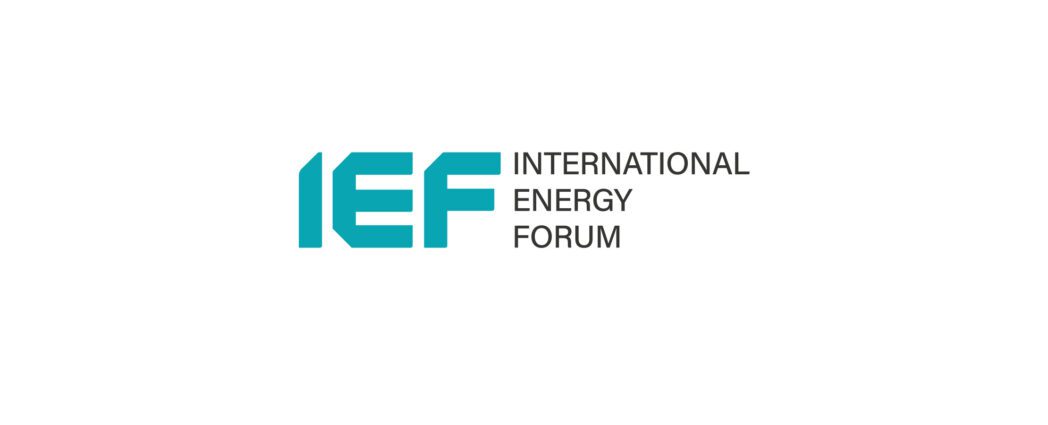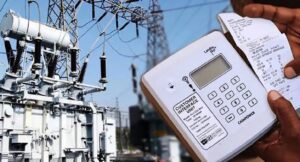

IEF calls for data transparency from Non-OECD countries to stabilise oil markets
The International Energy Forum (IEF) has called for greater oil data transparency from non-OECD countries to strengthen the stability of global oil markets.
This call was made during a recent meeting of the IEF Executive Board. The IEF Secretary General, Joseph McMonigle, stated, “Stronger and broader high-level political support is urgently needed for greater energy data transparency, especially in non-OECD nations, to stabilise markets and enable producers and consumers to stay ahead of the geoeconomic shifts unfolding in a new and uncertain risk environment.”
Mr McMonigle made these remarks during the IEF Executive Board meeting held virtually in December, where he handed over to his successor, IEF Secretary General-elect Jassim Alshirawi, who will take office on January 1, 2025.
The IEF plays a key role in promoting global energy data transparency, particularly through its producer-consumer dialogue and the coordination of the world’s largest free database of global oil and gas data, the Joint Organisations Data Initiative (JODI).
According to a new IEF report, the proportion of the world market covered by JODI data has decreased over the past 20 years, as demand has steadily increased in countries outside the Organisation for Economic Cooperation and Development (OECD).
The countries contributing oil supply, demand, and inventory data to JODI are mainly from the OECD, but demand in non-OECD nations now exceeds that in OECD countries, creating an information gap in rapidly growing emerging markets in Asia, Africa, and South America.
Oil inventories are crucial for energy security, market stability, and risk management, particularly during crises, geoeconomic shifts, and transitions. Founded in 1991 to strengthen energy security, the IEF is now the largest organisation of energy ministers globally, with 72 member countries, including both producers and consumers.
More complete and detailed data allows consumers, producers, and traders to make better-informed decisions on price discovery in global markets, support risk management operations, and enhance market stability, benefiting all stakeholders in the energy sector.
OECD countries already set an international standard for official oil inventory data reporting. As demand growth shifts from OECD to non-OECD nations, it is vital to maintain equivalent reporting standards to ensure a comprehensive view of monthly changes in oil market fundamentals. This official reporting serves as a benchmark for other non-governmental commercial data providers, whose alternative methods remain open to challenge.
Addressing gaps in oil inventory and other key energy market transparency data is best achieved through stronger and broader engagement by IEF governments, as well as enhanced collaboration among partner organisations of the JODI.
“There is no other platform like the IEF for producers and consumers to collaborate on improving energy market data transparency, and we call on all countries to strengthen their reporting to the JODI network and ensure it continues to be the global benchmark for official, readily available, free, and complete energy market data,” Mr McMonigle said.
The aspiration to transition away from fossil fuels makes official oil inventory data even more important for policymakers, investors, and risk managers, helping to maintain adequate investment levels and protect consumers from price shocks caused by information gaps or insufficient inventory cover.




